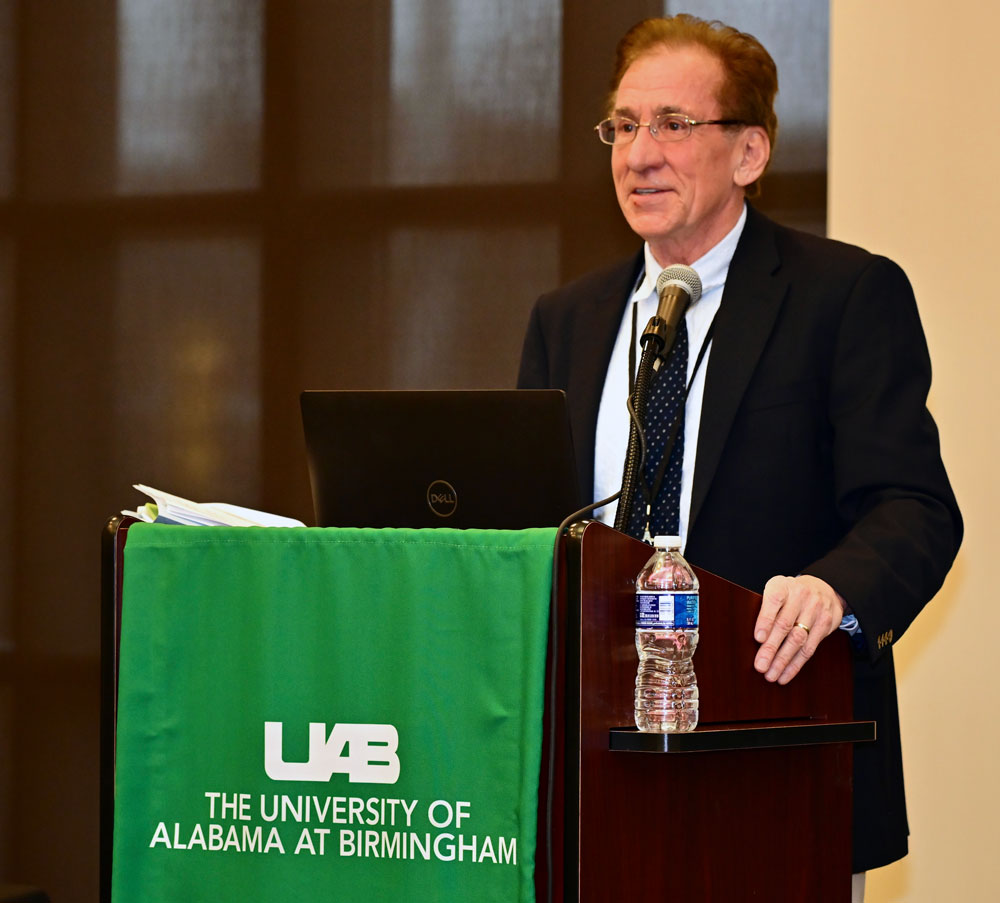The inaugural CEDHARS research symposium, “Addressing Ableism in Research, Healthcare, and Higher Education” was the culmination of months of tireless work by our staff and partners. This first-of-its-kind symposium brought together 120 attendees and 12 invited speakers from all across North America who presented their research on issues associated with ableism across the spectrum from healthcare to higher education.
 It gave me great joy to hear the amazing speakers and panelists describe paths toward this new term “inclusion science” and an accessible world for all. I was also thrilled to see all the amazing posters from junior faculty, postdocs, staff and students who are an integral part of the next generation to carry this torch.
It gave me great joy to hear the amazing speakers and panelists describe paths toward this new term “inclusion science” and an accessible world for all. I was also thrilled to see all the amazing posters from junior faculty, postdocs, staff and students who are an integral part of the next generation to carry this torch.
One of the speakers remarked to me, even though she’s a leader in the field, she’s never been to a symposium such as this. As someone who has worked in the disability field for nearly half a century, I can say this symposium was truly the first of its kind.
A former administrator at another institution in attendance mentioned in passing that he never knew what ableism was until attending the symposium. It’s wonderful that we are slowly making progress toward a more equitable society, but this comment also emphasizes the great lengths we still have to go.
In our next 5-year funding cycle of CEDHARS, I suggest we start in our own backyard on how to reduce ableism before we advise other institutions. As John Tschida, former director of the National Institute on Disability, Independent Living, and Rehabilitation Research or NIDILRR, often reminds us, "We're not here to admire the problem."
While participating in a breakout discussion at the symposium with one of our distinguished CEDHARS Stakeholder Advisory Board members, Dr. Scott Crawford, a profound realization struck me: We can no longer “admire the problem” in our own backyard — “Why do you look at the speck of sawdust in your brother's eye and pay no attention to the plank in your own eye?”
If we are committed to being true champions of accessibility and inclusion, it demands a proactive approach, starting with intentional recruitment of students, staff and faculty with disabilities. Embracing the resounding mantra of the disability community—"nothing about us without us"—is imperative for UAB's journey towards genuine inclusivity.

